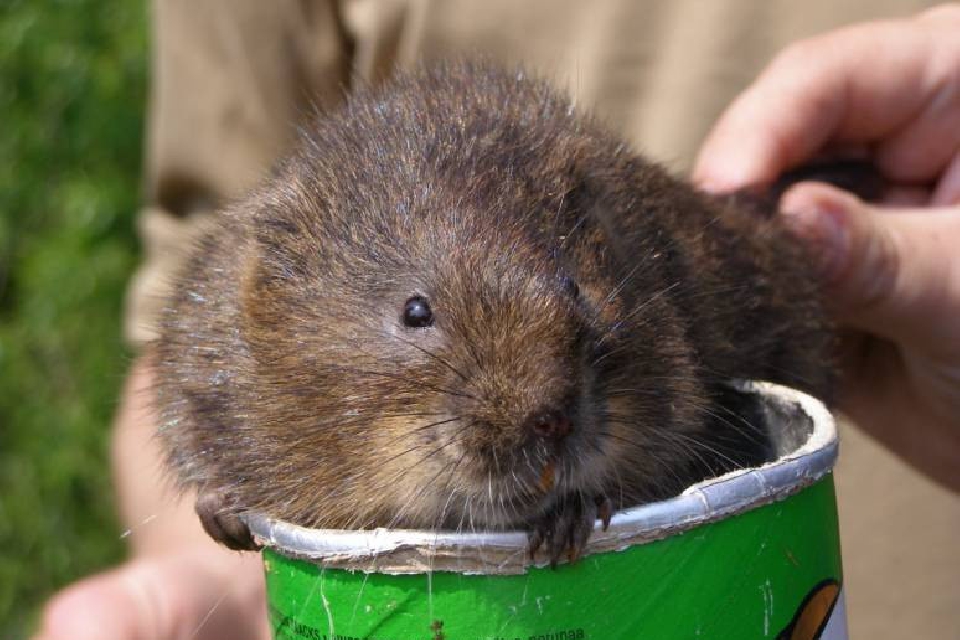
More steps are being taken to help protect the new colonies of voles which have been re-introduced along the Great Ouse.
Buckingham Town Council agreed to support work to protect the rare water voles at a recent meeting of the Environment Committee. The Council agreed to set up an email group to enable those monitoring the voles to communicate with each other, to help protect the voles from American mink.
Dr Tom Moorhouse, Senior Researcher in Wildlife Product Demand Management at the WildCRU, Zoology, University of Oxford and author of the Water Vole Conservation Handbook, was lead researcher on a replicated water vole reintroduction experiment run by Oxford University, with the support of Berks, Bucks and Oxon Wildlife Trust (BBOWT) and two farms along the Great Ouse.
Dr Moorhouse said, “We reintroduced twelve populations to local rivers from which they had been lost. This project remains a success story, one of the very few instances in British history when the declining conservation status of an endangered species has been reversed. The majority of our released populations established and spread, including the colony we released on the Great Ouse. Thanks in large part to local landowners’ diligence and enthusiasm, the population not only established but has spread to Buckingham, which is truly wonderful news.”
Water voles were once abundant on our waterways but during the 20th Century suffered a cataclysmic decline, which sadly is still ongoing. We lost 99% of our populations in two decades, largely as a result of predation by the invasive American mink. Thankfully a number of projects around the country are working hard to combat this loss, including two sites along the Great Ouse in Buckinghamshire, and to return the water vole to our rivers and canals. These project desperately need ongoing support. The only methods they have to reverse this decline is reintroducing populations, and then safeguarding those populations through mink control. Any lapse in mink control - for even a few weeks - can be fatal to a water vole colony.
Buckinghamshire's three water vole colonies are colonies of a fantastically rare native species, which is protected by law, and they exist in Buckinghamshire entirely thanks to a lot of ongoing hard work in monitoring and controlling mink. With co-ordinated mink control in place, it is hoped that they will expand further, and thrive.
Council Ruth Newell, Chair of the Town Council’s Environment Committee said, “this is wonderful news when water voles are the fastest declining mammal in the UK, and great to hear of the recovery of the River Great Ouse, following the catastrophic pollution incident a few years ago.”




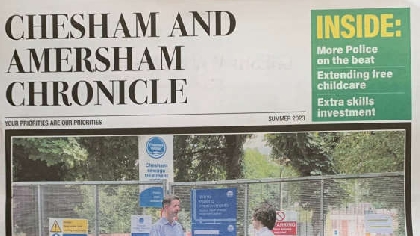 Chesham and Amersham Conservatives and Lib Dems told to stop printing fake newspapers
Chesham and Amersham Conservatives and Lib Dems told to stop printing fake newspapers
 Police ‘aware’ of Chesham car fraudsters targeting innocent families
Police ‘aware’ of Chesham car fraudsters targeting innocent families
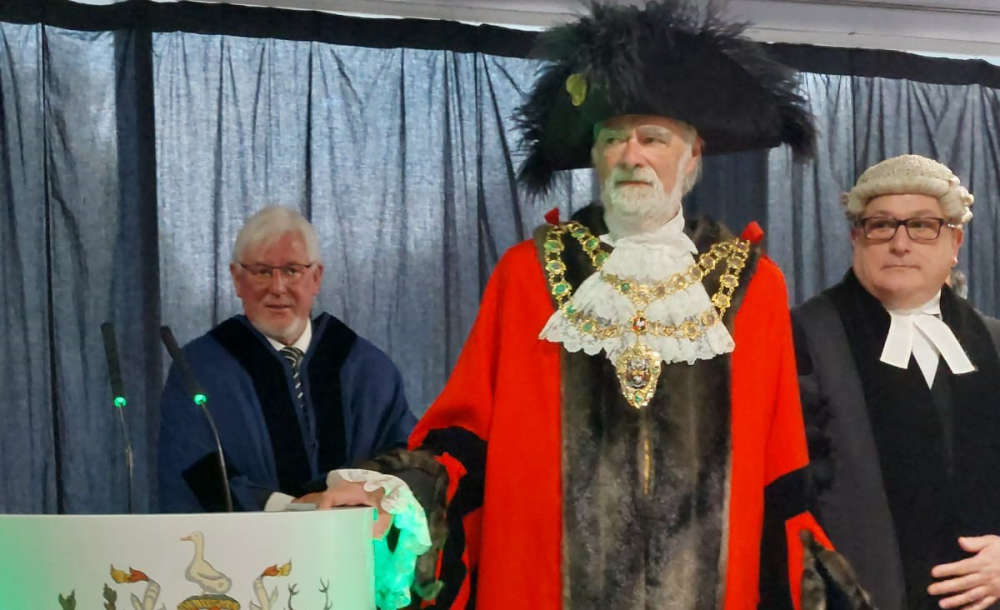 New Aylesbury town Mayor formerly declared at Mayor Making Ceremony
New Aylesbury town Mayor formerly declared at Mayor Making Ceremony
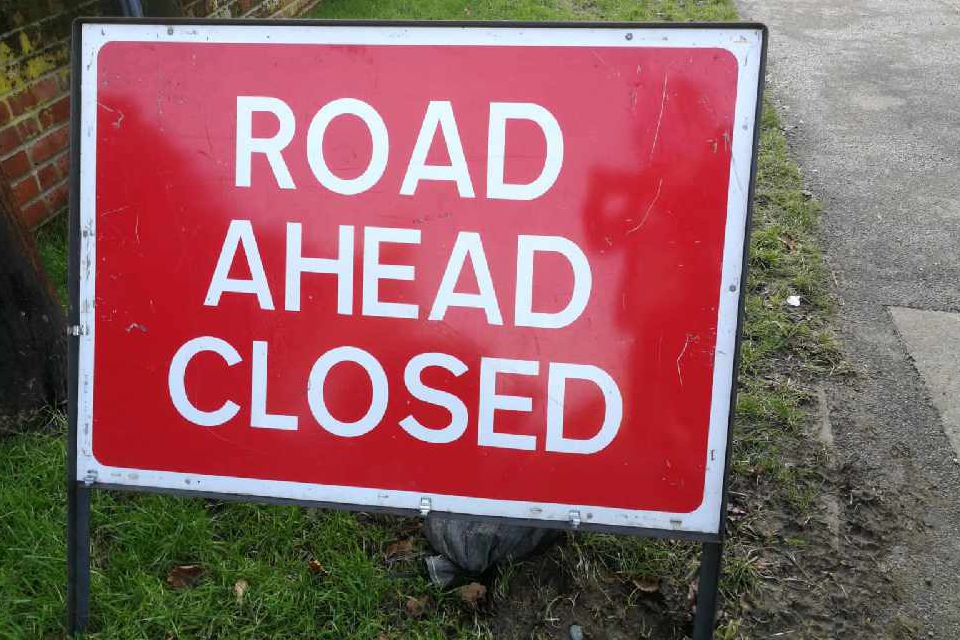 Busy Aylesbury Road closed this weekend
Busy Aylesbury Road closed this weekend
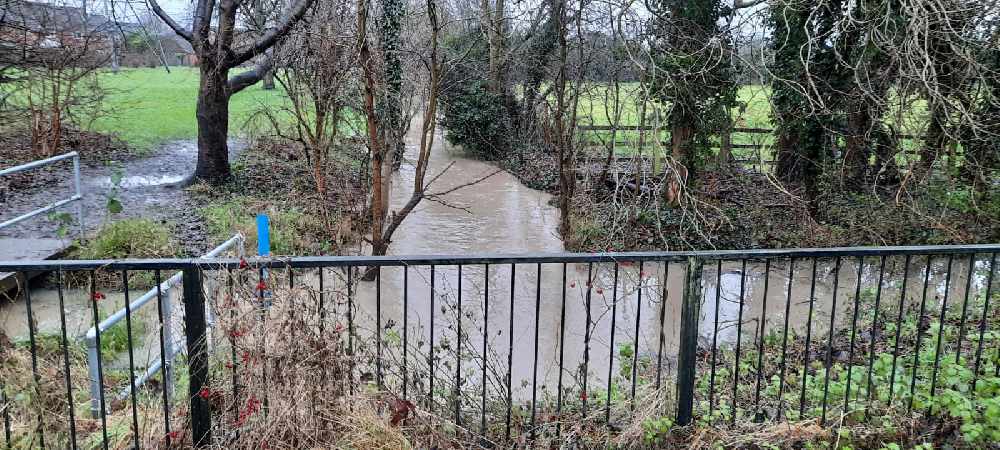 Council invests £500,000 in flood prevention
Council invests £500,000 in flood prevention
 Bucks healthcare supplier suffers cyber-attack
Bucks healthcare supplier suffers cyber-attack
 Aylesbury gym suddenly closes
Aylesbury gym suddenly closes
 Image released following affray in High Wycombe
Image released following affray in High Wycombe






